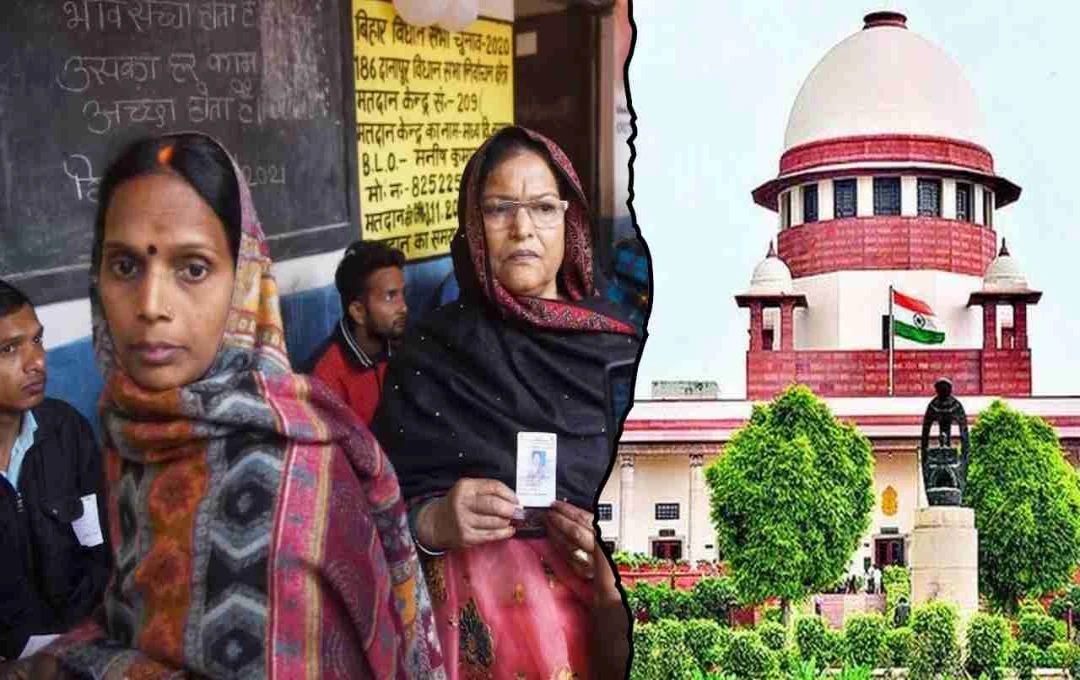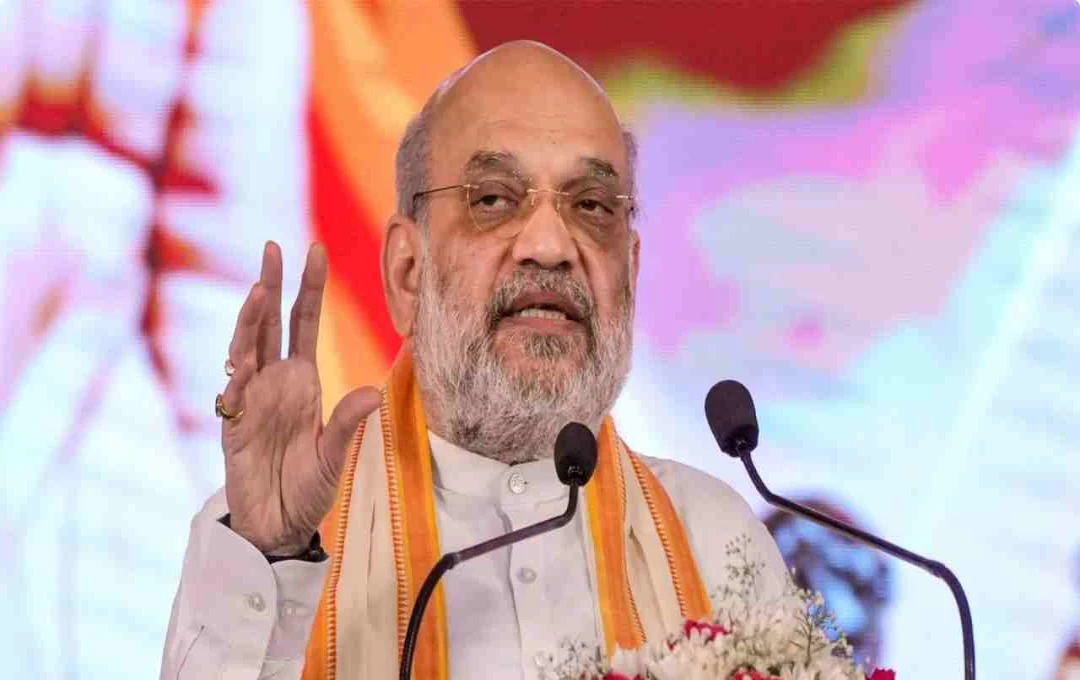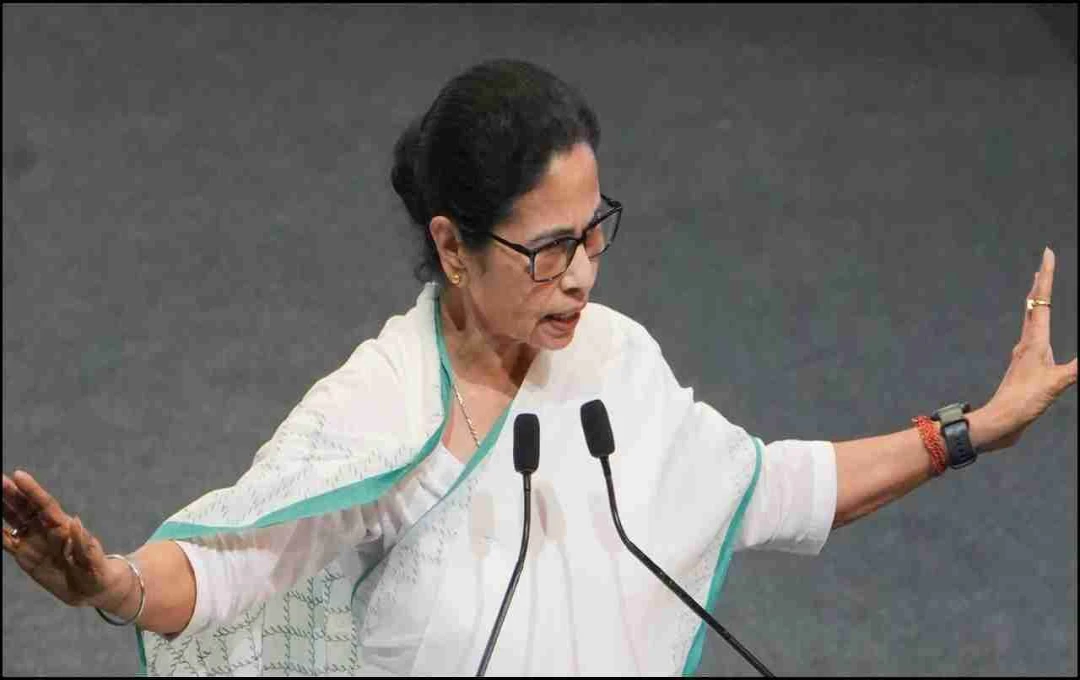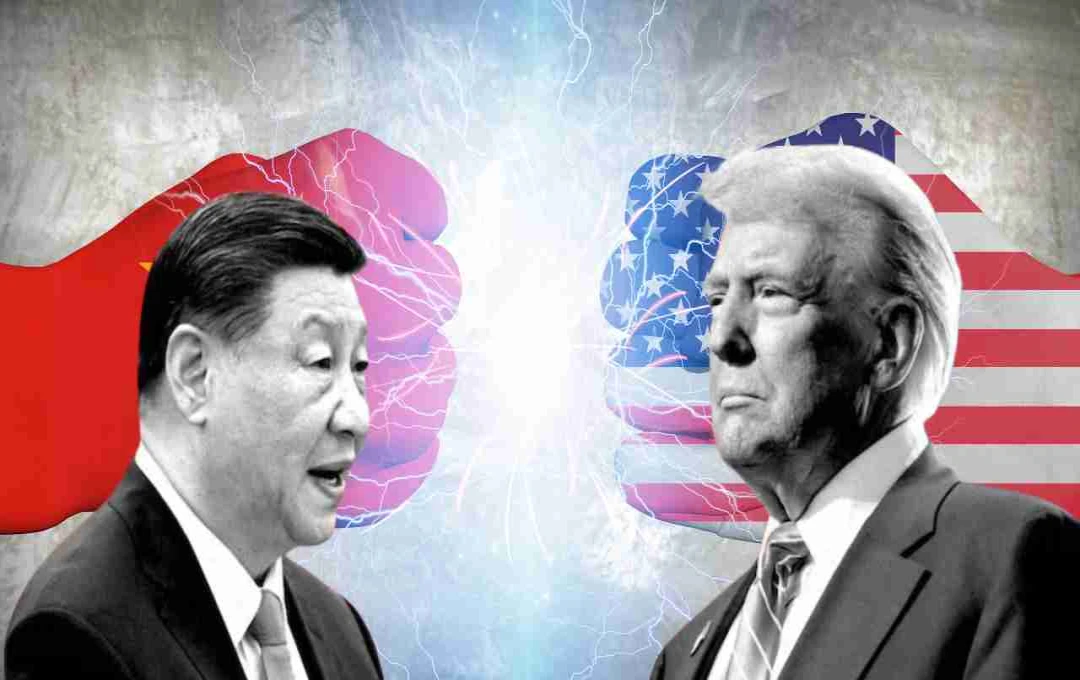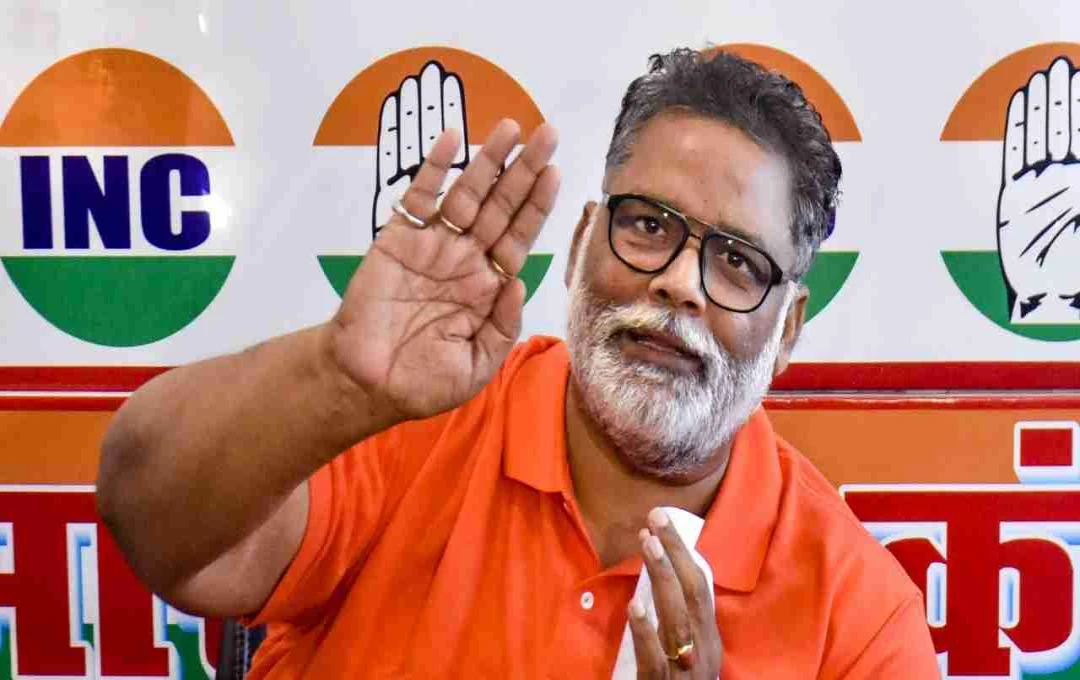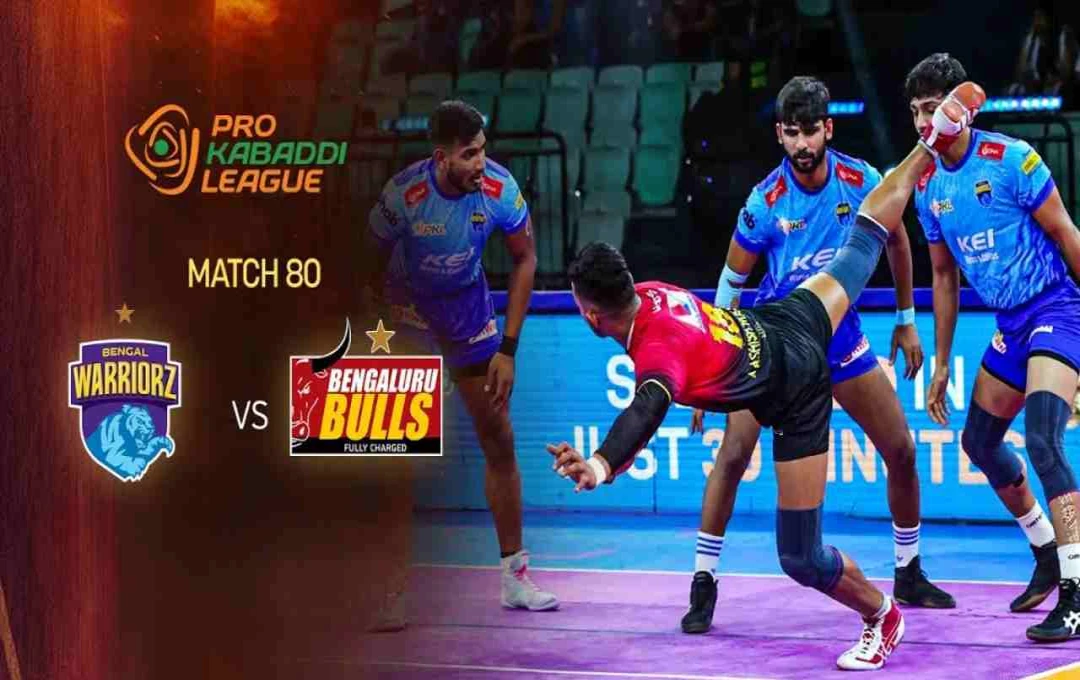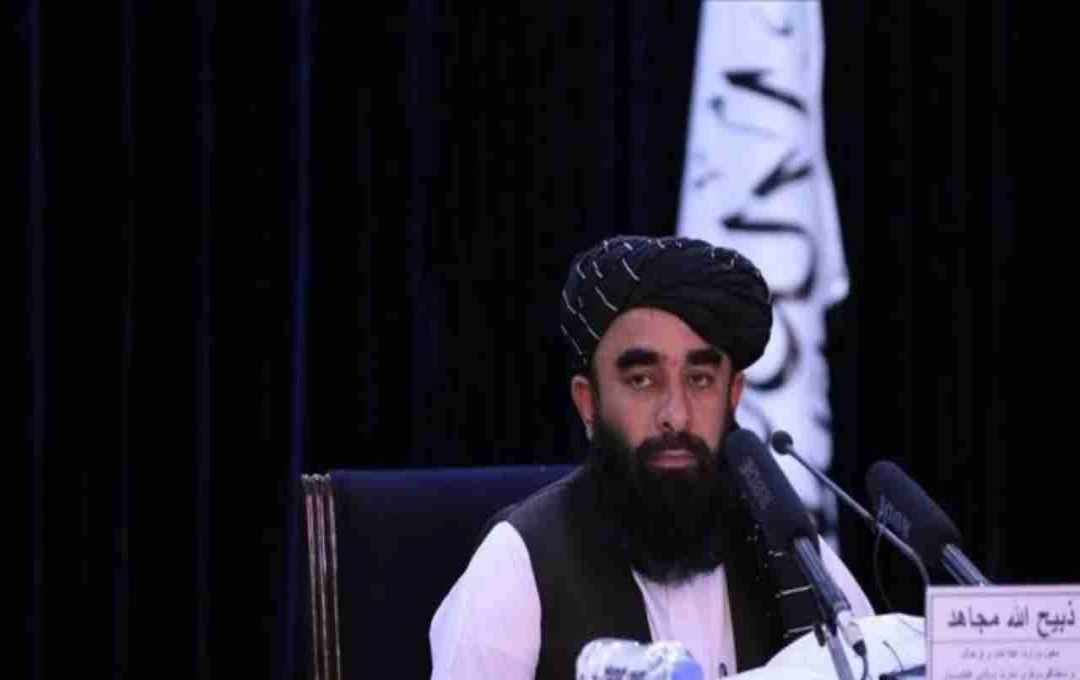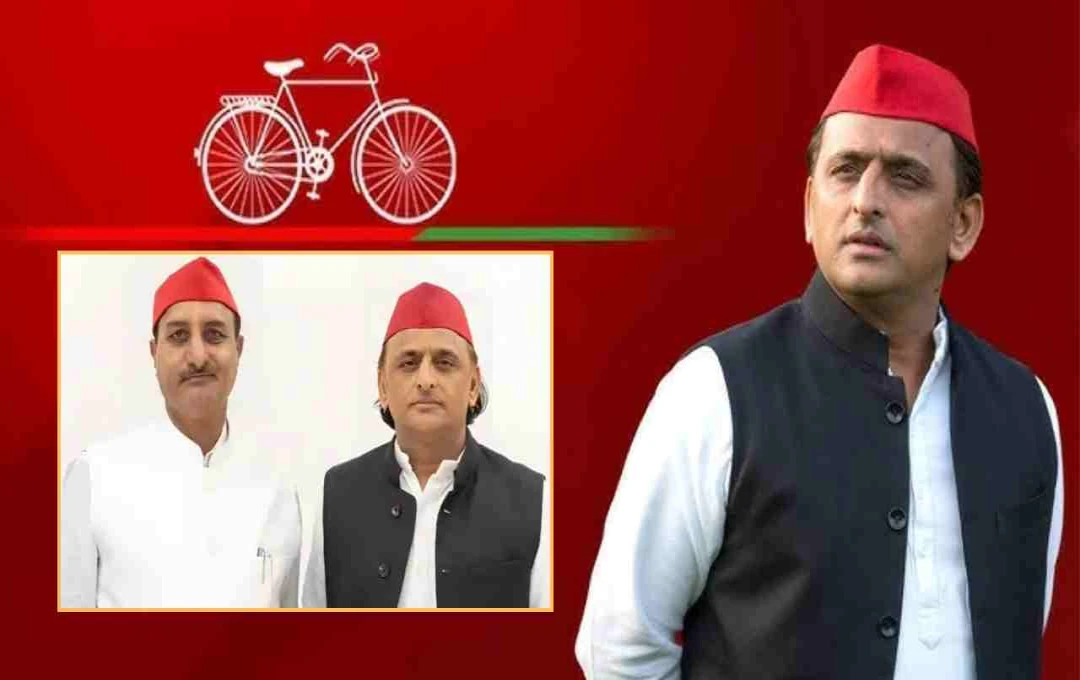The Supreme Court did not stay the ECI's Bihar Voter Verification process but suggested that Aadhaar, Voter-ID, and Ration cards be accepted as proof. The matter is listed for further hearing on July 28.
Voter List: The Supreme Court has made important observations on the voter list verification drive underway in Bihar before the elections. The court has asked the Election Commission to accept Aadhaar, Voter-ID, and Ration cards as valid documents of identification. The court refused to stay the Election Commission's process for now but said that it would conduct a detailed hearing on the matter on July 28.
Context of the Supreme Court Hearing
Several petitions were filed in the Supreme Court regarding the Special Intensive Revision (SIR) process initiated by the Election Commission in Bihar before the assembly elections. These petitions alleged that the process infringes on the fundamental rights of voters and violates the legal procedures established under the Representation of the People Act, 1950, and the Registration of Electors Rules, 1960.
While hearing these petitions, the Supreme Court bench said that there is no reason to doubt the Election Commission, but the validity of the process and its timing needs to be considered. On this basis, the court listed the matter for further hearing on July 28.
Advice to recognize Aadhaar, Voter-ID, and Ration cards
The bench of Justices Sudhanshu Dhulia and Joymalya Bagchi clearly suggested to the Election Commission that during the verification drive, citizens should not be asked for only one specific document. Instead, commonly available documents like Aadhaar, voter cards, and ration cards should be accepted as proof of identity.
The Election Commission had expressed concern over errors and illegal entries found in this process. However, the court clarified that the commission is not being prevented from working, but rather, it should maintain transparency while staying within the bounds of the law.
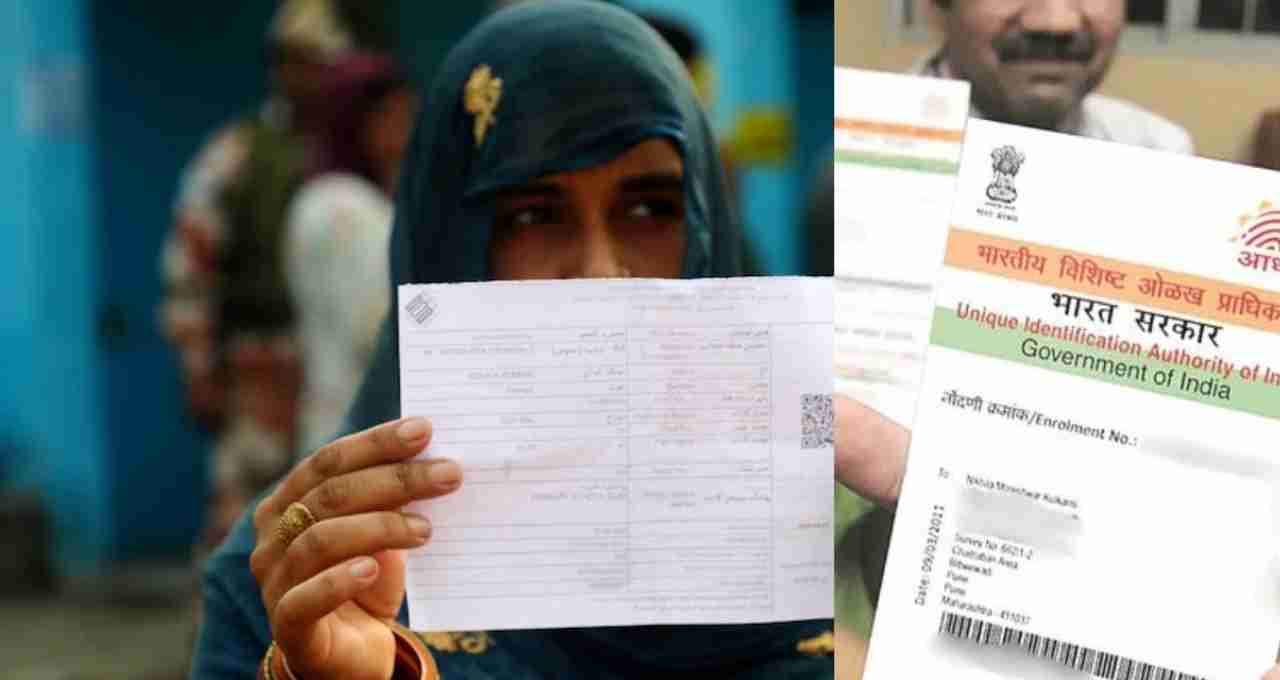
Draft list will not be published for now
During the hearing, the Supreme Court also directed that the draft voter list should not be published until the next hearing. The court believed that this would allow the petitioners' concerns to be heard and necessary legal aspects to be discussed.
Three important questions of the court
At the end of the hearing, the court asked three important questions to the Election Commission:
- Under which legal provision did the commission get the right to take a step like 'Special Intensive Revision'?
- So far, only the processes of 'Summary Revision' and 'Intensive Revision' have been mentioned, then on what basis was this new process implemented?
- Why was this process started so close to the election, while elections are expected in Bihar in November?
Objections of the Petitioners
Senior advocates like Abhishek Manu Singhvi and Kapil Sibal argued on behalf of the petitioners. They described the Election Commission's process as an action like an investigation of citizenship. Singhvi said that if the whole country considers Aadhaar as a means of identification, then why is the Election Commission rejecting it?
Sibal argued that the Election Commission does not have the right to decide whether someone is a citizen or not. If the commission raises questions about someone's citizenship, then it should have solid evidence.
Arguments of the Commission and the Court's Remarks
The lawyers representing the Election Commission responded that Aadhaar cannot be considered as proof of citizenship because it falls under the purview of the Ministry of Home Affairs. The Supreme Court agreed with this and said that determining citizenship is not the subject of the Election Commission. It was clarified that the commission could show a copy of the revised voter list to the court before finalizing it.
